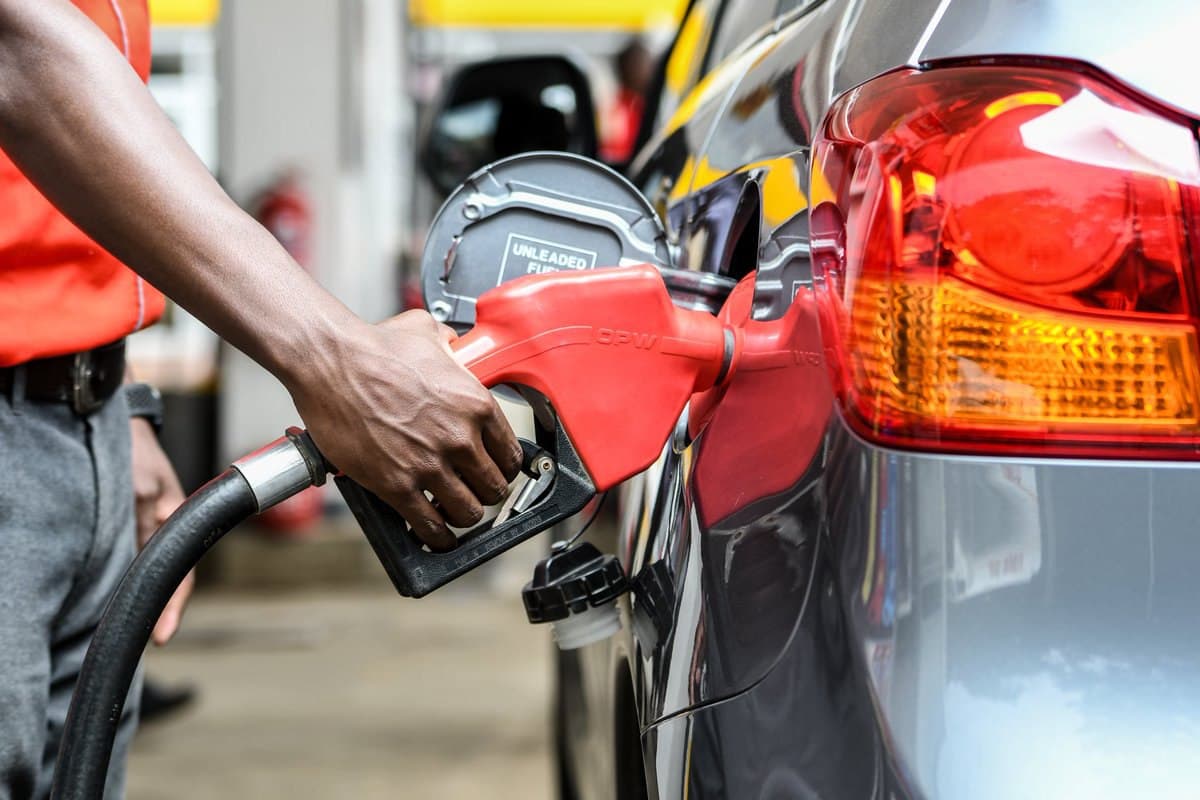The cost of all three fuels is expected to hold steady, largely as a factor of the return of price stabilization framework which is anchor on the Petroleum Development Levy fund. The stabilization framework helped hold fuel costs unchanged between April and August this year.
The cost of petrol is set to come down to Ksh.124.23 in Nairobi should MPs approve new recommendations to tame fuel costs by the Finance and National Planning Committee. The Committee tabled its report recommending a variety of tax cuts in the costing of fuel on Tuesday evening.
Among the proposals include the halving of VAT on all three fuel products by four per cent from the current eight percent and a trim to the petroleum development levy charged on the supply of petrol and diesel to Ksh.2.90 from Ksh.5.40 presently. At the same time, the Committee has backed the lowering of supplier margins- profits made by oil marketing companies (OMCs) by Ksh.3 per litre.
If adopted as proposed, petrol users would see the greatest relief at the pump with the cost of the commodity coming down by Ksh.10.49. Meanwhile, the cost of diesel and kerosene is set to come down to Ksh.105.82 and Ksh.103.71 respectively from the present Ksh.115.60 and Ksh.110.82. The relief on diesel and kerosene users is tabulated at about Ksh.9.78 and Ksh.7.09 respectively.
Moreover, the Gladys Wanga led committee has proposed the halving of VAT on the supply of VAT to eight per cent from the current 16 per cent. The committee also wants the inflation adjustment on excise duty charged on petroleum products to be suspended in the current 2021-2022 fiscal year to spare Kenyans from further fuel costs increments.
Additionally, MPs in the committee want a board established to manage the petroleum development levy fund and the subsequent establishment of a formula for distribution of money from the fund to OMCs.
The Ministry of Petroleum and Mining and the Energy and Petroleum Regulatory Authority (EPRA) are meanwhile tasked with reviewing the current fuel pricing formula while Treasury is required to revert Ksh.18.1 billion misapplied back to the Petroleum Development Levy fund which has been used to cushion consumers from high fuel costs in recent months. The Kenya Ports Authority (KPA) is meanwhile tasked with tracking the completion of the Kipevu Oil Terminal II to cut down/eliminate demurrage costs which factor in the costing of fuel.
The proposals are now the subject of approval by the all MPs on the floor of the National Assembly after which accompanying amendments to relevant Acts will be assented to or rejected by President Uhuru Kenyatta. The new recommendations come ahead of Thursday’s maximum pump prices review by EPRA.
The cost of all three fuels is expected to hold steady, largely as a factor of the return of price stabilization framework which is anchor on the Petroleum Development Levy fund. The stabilization framework helped hold fuel costs unchanged between April and August this year.


